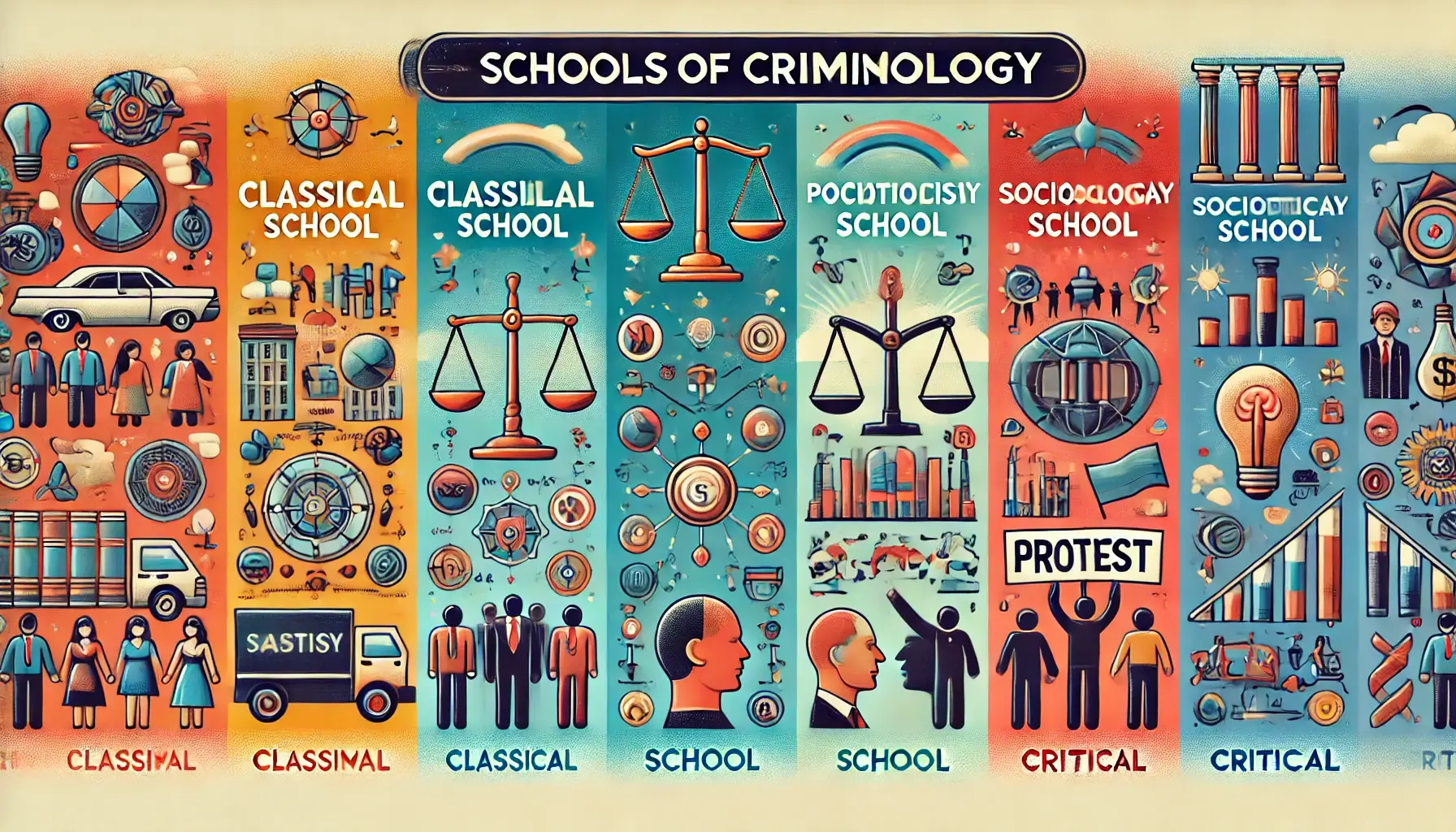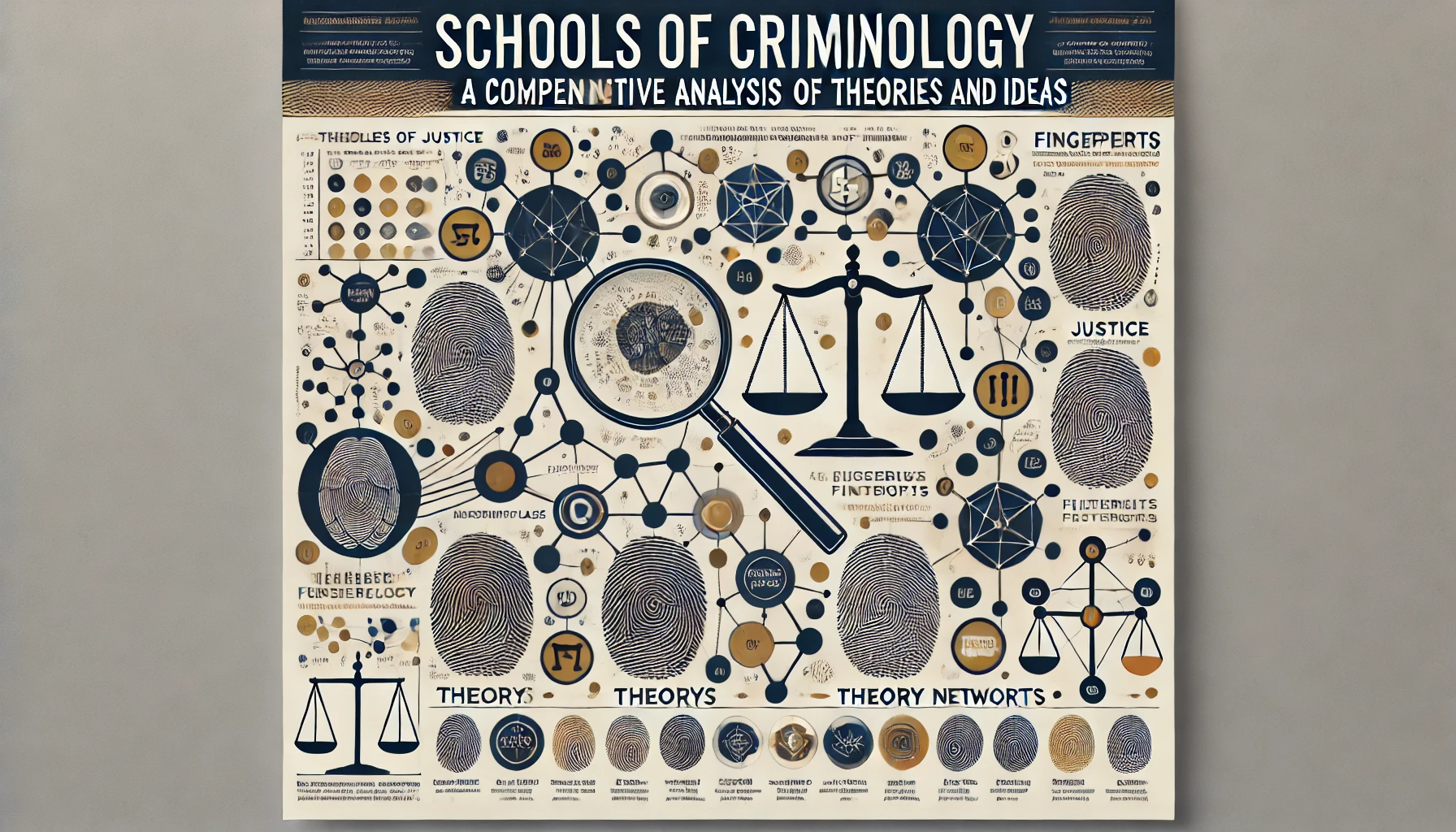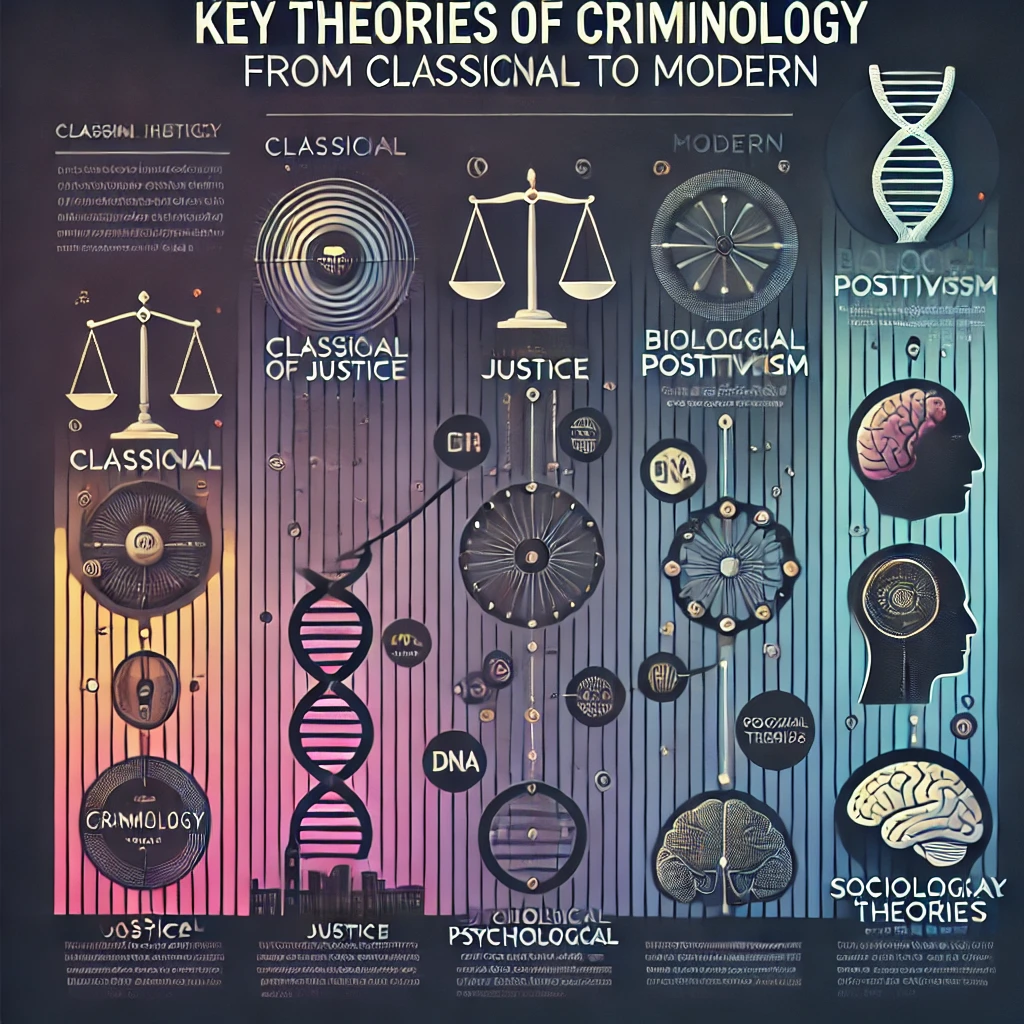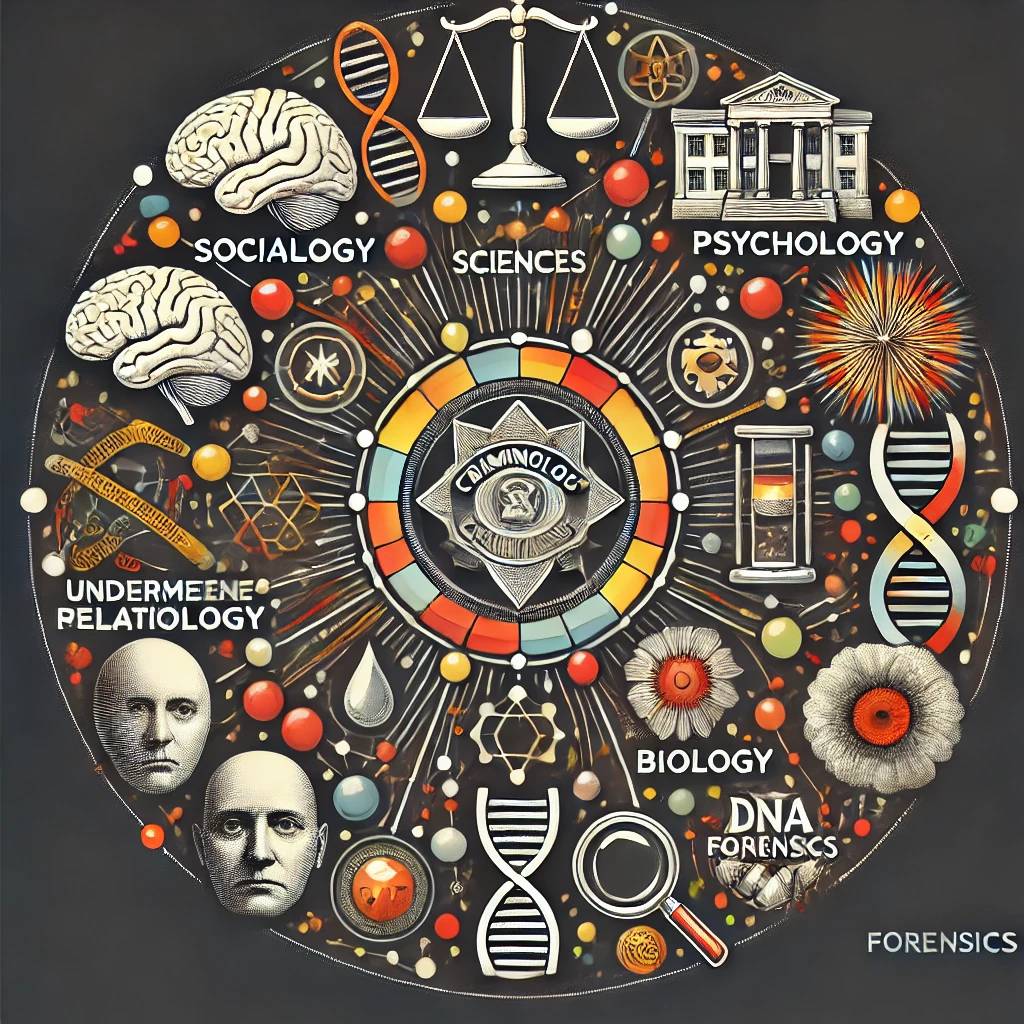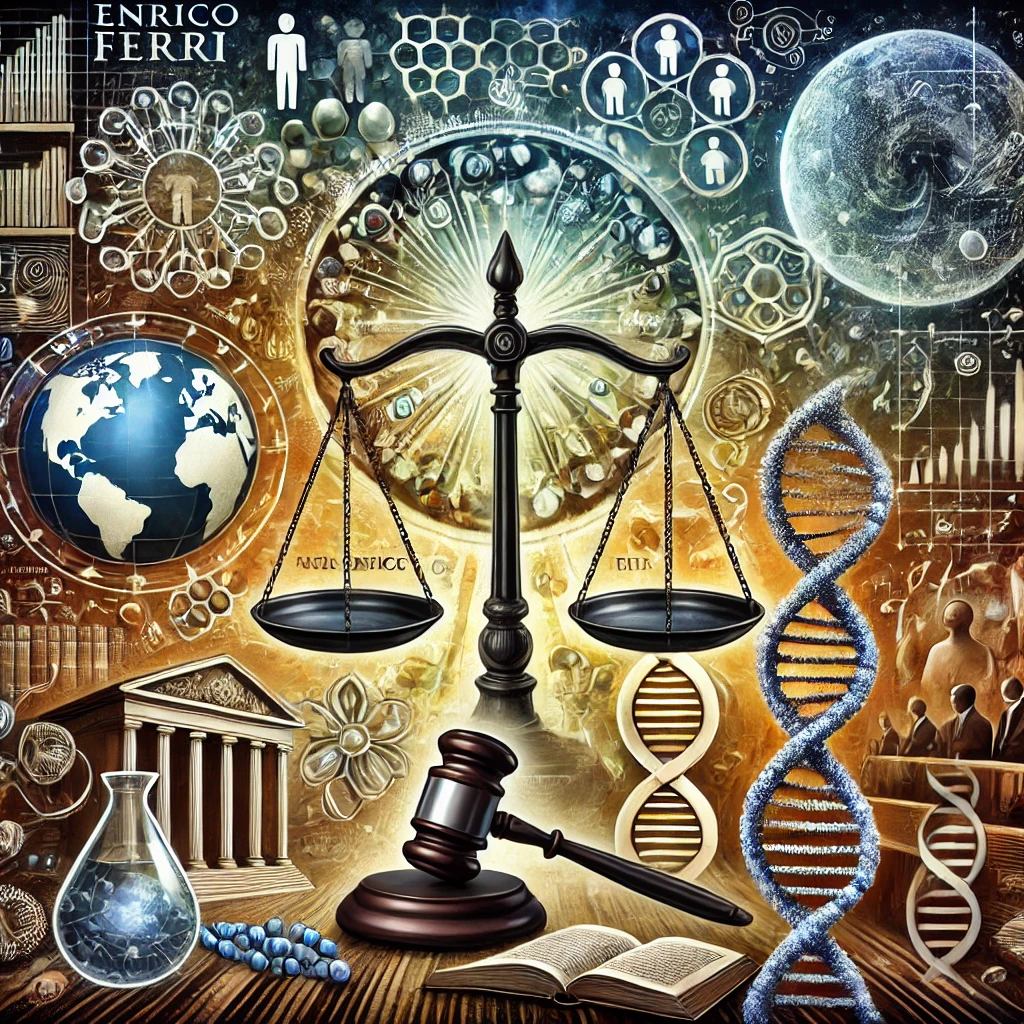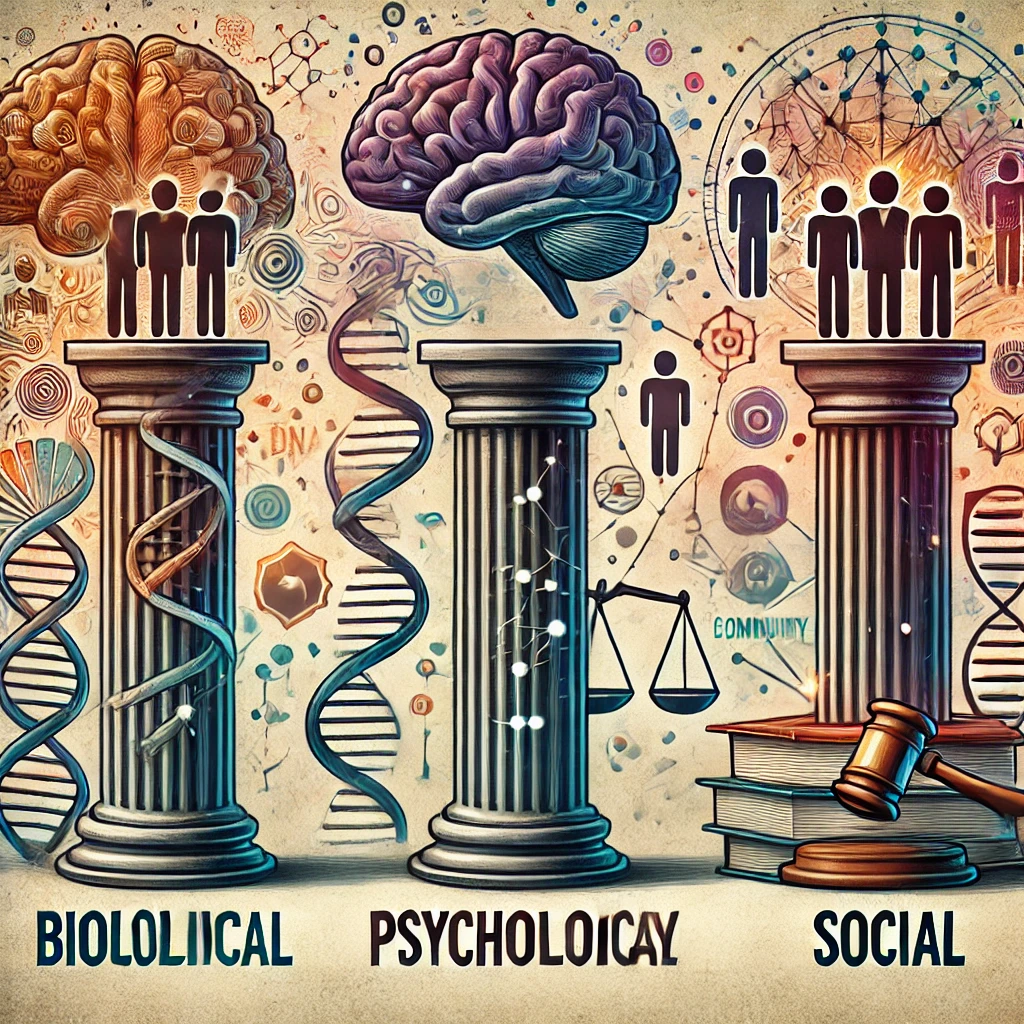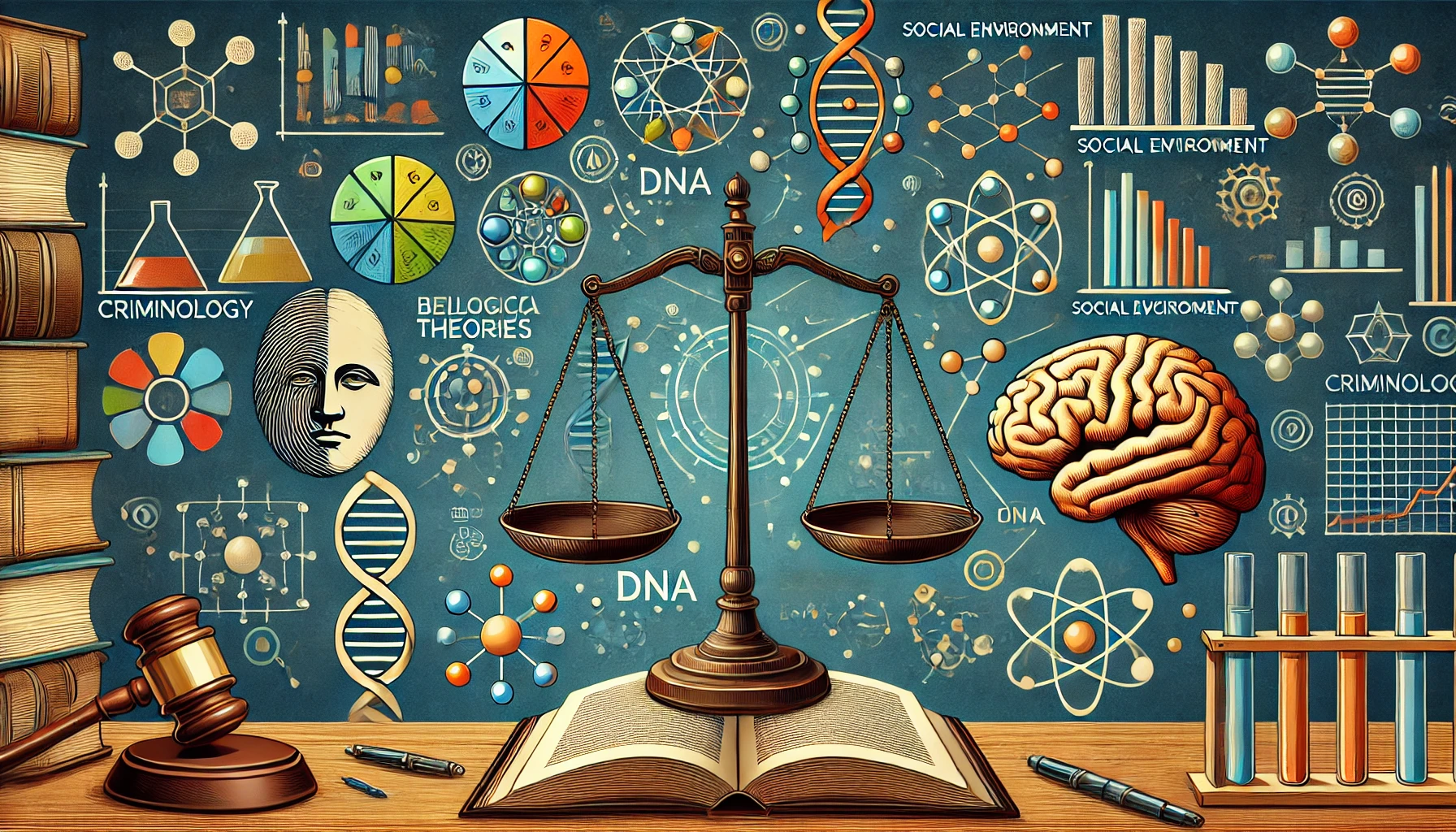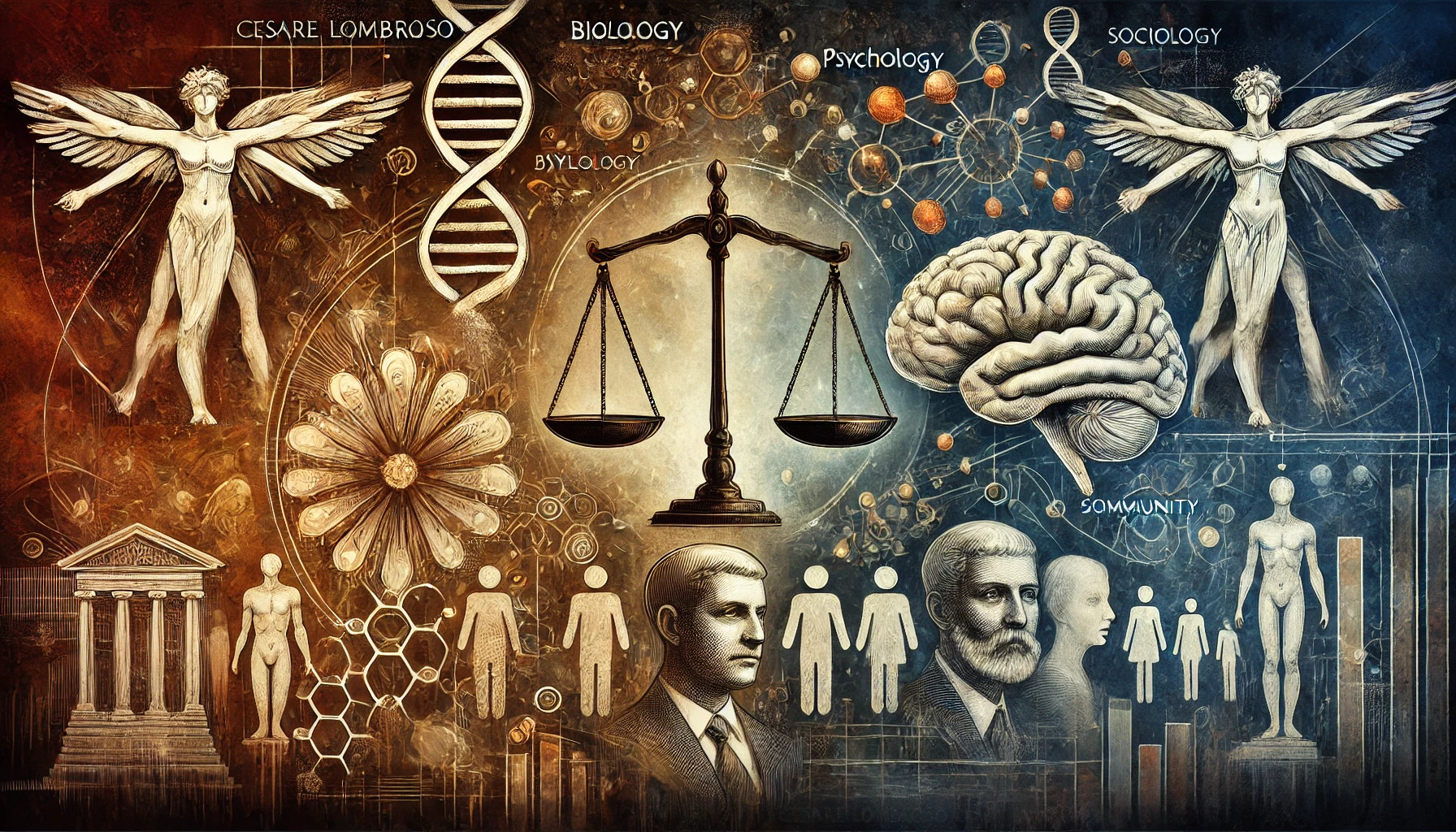Criminology Schools | Criminology and its Theories
Criminology, as a multidisciplinary field, has evolved through various theoretical schools that attempt to explain the causes and nature of criminal behavior. Among the most significant are the Formative School, the Psychoanalytic School, and the Social School. Each of these schools has contributed uniquely to understanding crime, its motivations, and possible prevention methods. This article … Read more

